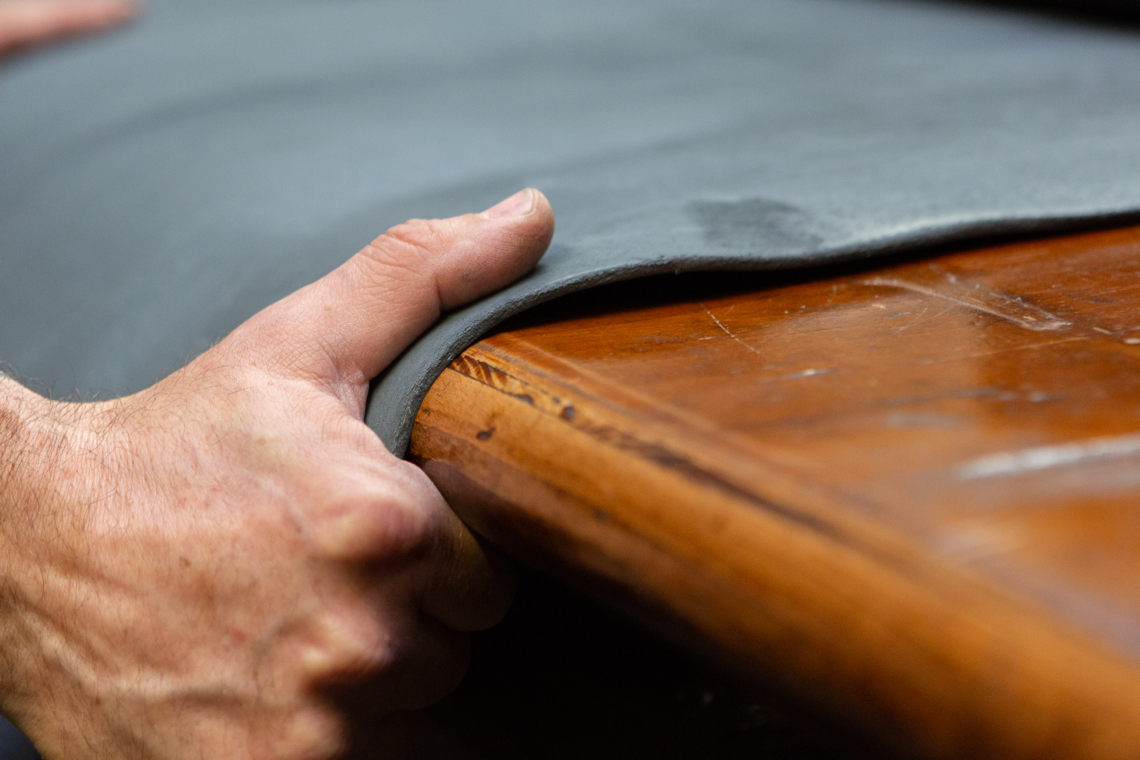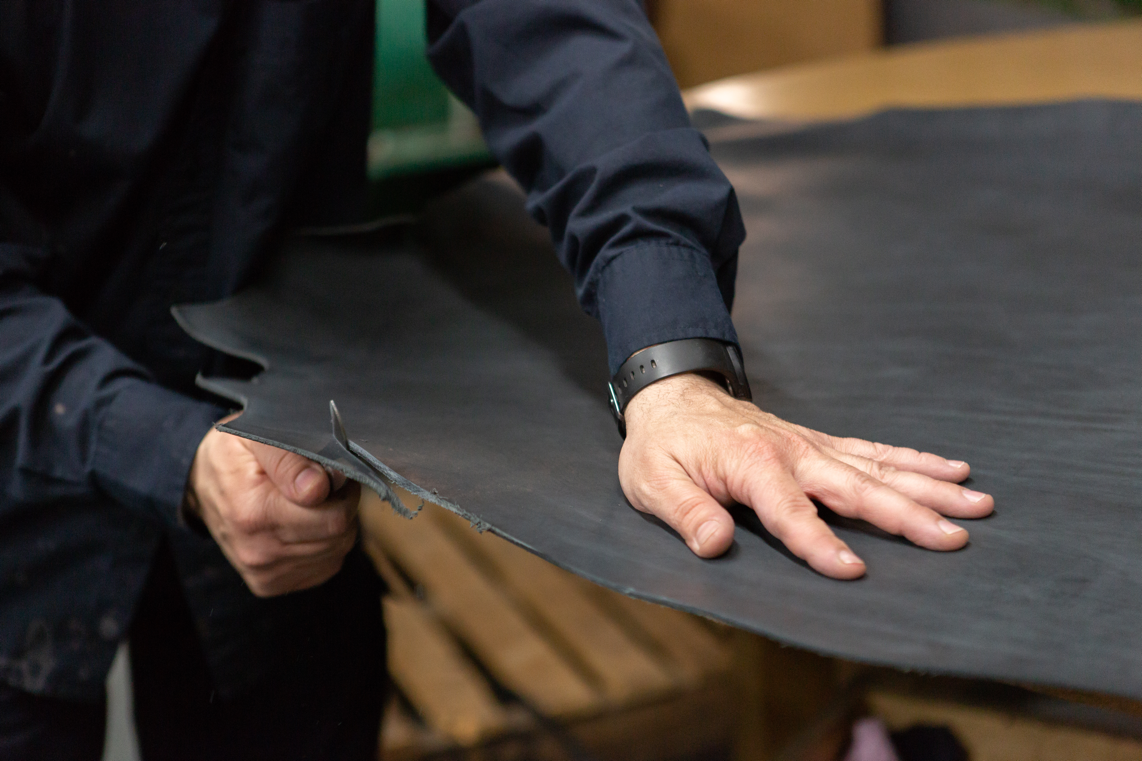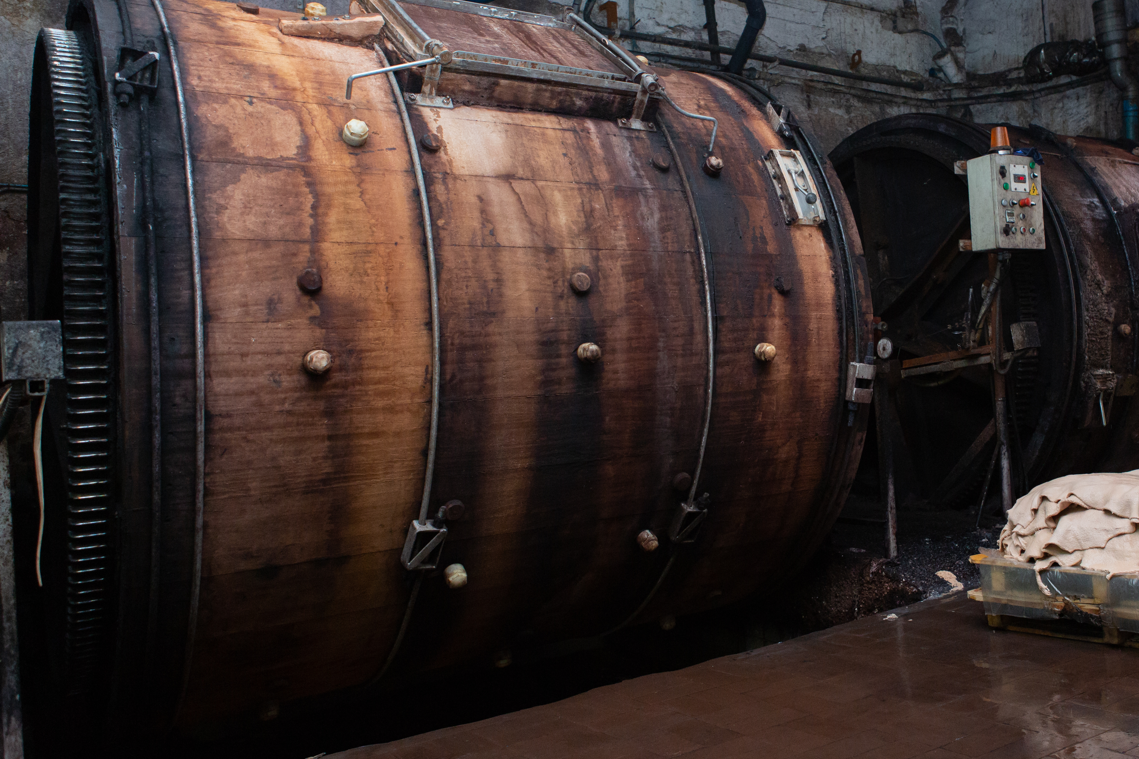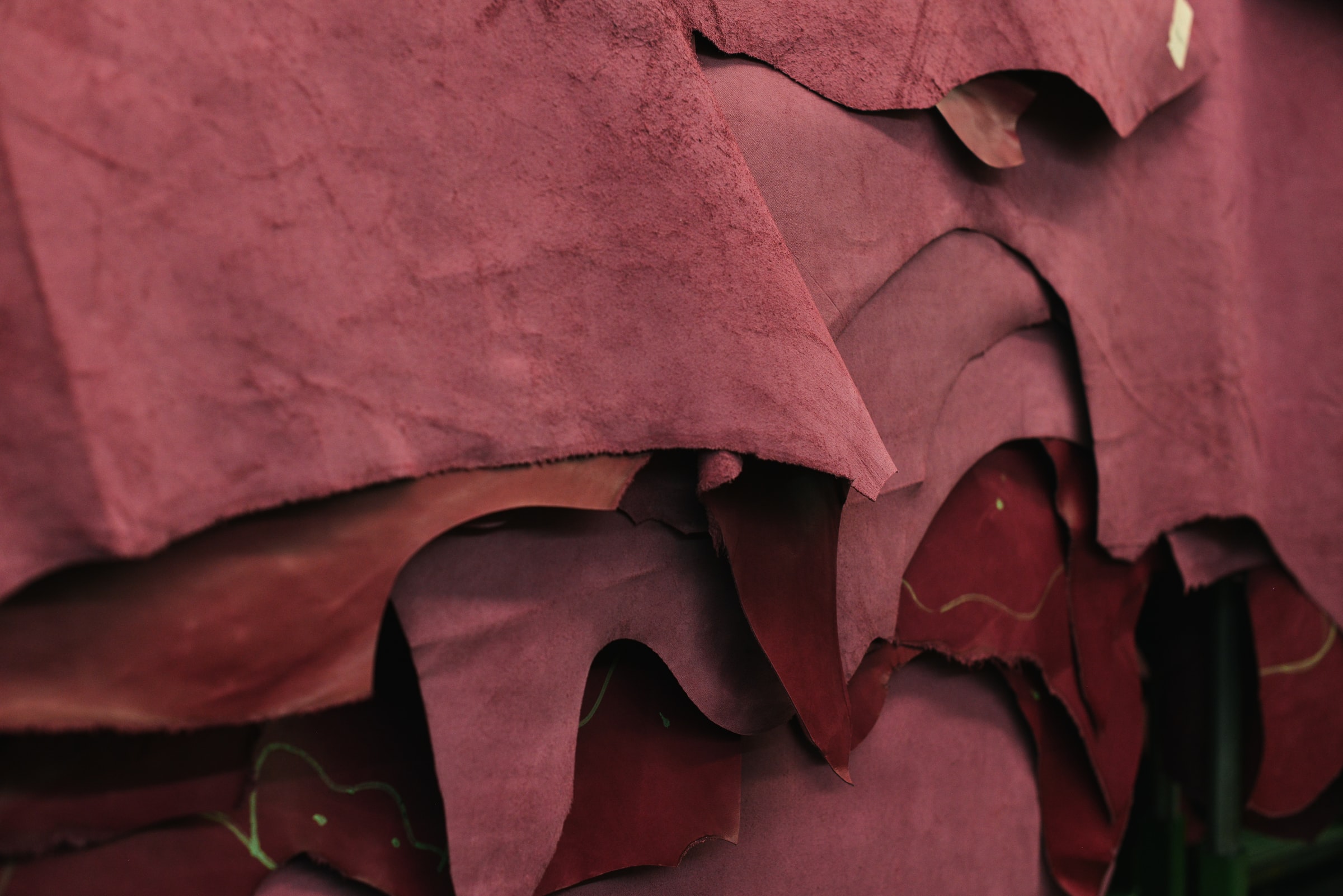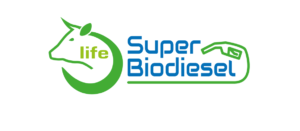Content posted by: Lederpiel
More than 17 million tonnes of animal elements, derived from leather tanning, are processed every year across Europe, producing just under 3 million tonnes of animal fat.
Part of all this fat is solely destined for disposal in landfills or incineration, which is a problem for both the climate and the environment as it may contain harmful substances.
To give a new life to this element, the new Life Superbiodiesel project offers an alternative for the recovery of these wastes and aims to develop, test and demonstrate the production of biodiesel from animal waste using a new fat transesterification technology.
The Technological Institute AIJU coordinates this project that aims to design, build and optimize a pilot plant capable of processing five tons of biodiesel obtained from animal fat. One of the advantages of this project, in addition to the production of high added value biodiesel, is the potential reduction of 80 percent of the carbon footprint over conventional diesels and 35 percent compared to first generation biodiesel, according to first estimates.
You can read the original information HERE.



